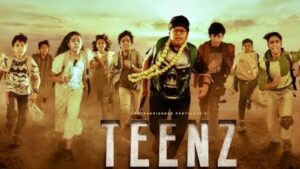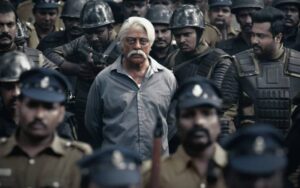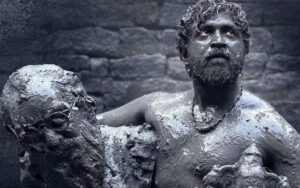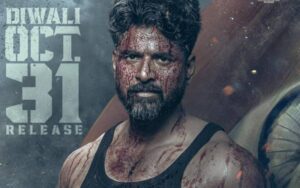Review: Ghostbusters:Afterlife
Ghostbusters: Afterlife might have children playing the lead but you find that it is another story that is aimed at pleasing feminists

Director: Jason Reitman
Cast:Carrie Coon, Finn Wolfhard, Mckenna Grace, Annie Potts, Ernie Hudson, and Paul Rudd.
Rating:2 stars
How do you force feminism down the world’s throat when it refuses to accept a film, a reboot of a classic in which all the male leads were replaced by females? Simple, make a film with a girl instead of a woman playing the protagonist.
Yes, that is what seems to have happened with Ghostbusters: Afterlife.
After the severe drubbing that Ghostbusters: Answer the Call, which had an all-female cast, received, comes Ghostbusters: Afterlife, the next part of the Ghostbusters franchise.
Here is the synopsis:
Callie (Carrie Coon), her 15-year-old son Trevor (Finn Wolfhard), and her 12-year-old daughter Phoebe (Mckenna Grace) move into Callie’s dad’s home in Oklahoma after they are evicted from their Chicago apartment. As it turns out, Callie’s father turns out to be none other than Egon Spengler, who had mysterious reasons for moving from his Manhattan home to rural Oklahoma.
It does not take long for young Phoebe to discover that there are strange things happening inside her grandfather’s home. For instance, every move she makes on a chess board has an equally brilliant response from an unknown, unseen power.
Before long, Phoebe, with an inquisitive bent of mind, stumbles upon equipment that was used by the original ghostbusters and even learns to use them. Soon, she discovers her family’s connection with the original ghostbusters and the secret legacy their grandfather has left behind…
There is just one thought that keeps repeatedly striking you when you watch Ghostbusters:Afterlife and that is how feminism has ruined another great franchise.
Although the makers might not admit it, it is evident that the film has been made in such a way that it will please feminists. The desperation showed by filmmakers to spin stories and create ‘strong’ women characters that they think will please feminists and women have taken the joy out of film watching for men.
Take this film for example. Ten minutes into the film and you have no doubt that Phoebe is the protagonist. She is shown as being smart, intelligent and strong. I have reasons for using each of the adjectives I have used to describe her.
On the other hand, her elder brother comes across as a weakling, desperate for female attention. His girlfriend, however, is shown as being calm, composed and self-assured.
Next, consider the character of Phoebe’s mother. She is a single mother, who, the makers again want us to believe is strong. However, her boyfriend, who also happens to be Phoebe’s teacher, displays no positive traits save one – being an “understanding” person.
The only saving grace is that in the climax, we get to see the team of the original ghostbusters.
Ghostbusters: Afterlife might have children playing the lead but on close scrutiny, you actually find that it is another story that is aimed at pleasing feminists.







